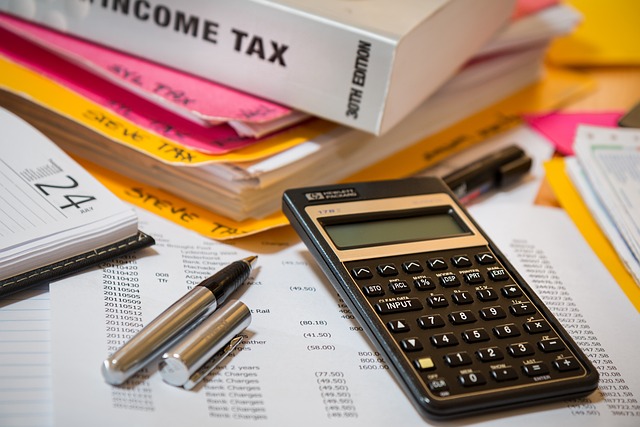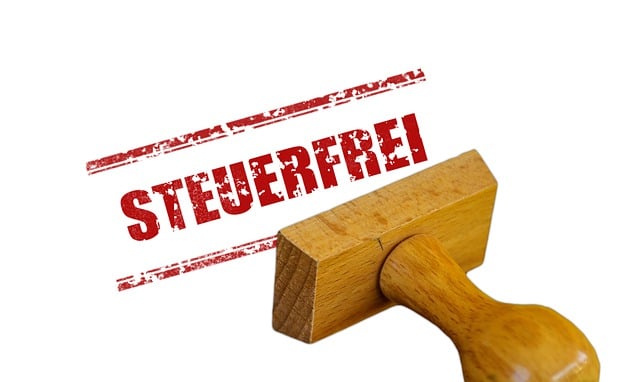In South Africa, self-employed individuals must master self-employment tax planning to optimize financial obligations. This involves maximizing deductions for business expenses like office supplies and vehicle usage, while staying informed about eligible deductions and tax laws to avoid penalties and increase refunds. Registration with the South African Revenue Service (SARS) through an Individual Tax Number (ITN) is crucial for compliance. Effective strategies include meticulous record-keeping and exploring all available deductions to minimize taxable income.
In South Africa, sole proprietors must navigate complex self-employment tax regulations to maximize deductions and minimize liabilities. This article guides you through essential aspects of self-employment tax planning in the country, offering insights into legal requirements, effective strategies, and common mistakes to avoid. By understanding these factors, you can optimize your financial decisions, ensure compliance, and ultimately enhance your business’s profitability. Learn how to harness the power of tax deductions for South African sole proprietors today.
- Understanding Self-Employment Tax in South Africa
- Legal Requirements for Sole Proprietors
- Strategies to Maximize Tax Deductions
- Common Mistakes to Avoid When Claiming Deductions
Understanding Self-Employment Tax in South Africa

In South Africa, self-employment tax planning is a crucial aspect for sole proprietors to navigate and optimize their financial obligations. As a self-employed individual, you are responsible for paying both employer and employee contributions towards social security, old age, and disability insurance (UIF). This includes a portion of your income allocated to these funds, which can significantly impact your overall tax liability. Understanding the specific rules and rates associated with self-employment tax is essential for effective financial management.
By strategically planning and maximizing deductions related to business expenses, you can reduce the amount of taxable income, ultimately lowering your self-employment tax obligations. This may include expenses such as office supplies, vehicle usage, insurance, and professional services directly linked to your business operations. Staying informed about eligible deductions and consistently reviewing your financial records will enable South African sole proprietors to make informed decisions, ensuring compliance with tax regulations while potentially increasing their refund or reducing future payments.
Legal Requirements for Sole Proprietors

In South Africa, sole proprietors engaging in self-employment must meet specific legal requirements when it comes to tax deductions and planning. Understanding these obligations is crucial for effective self-employment tax planning. One key aspect is keeping detailed records of all business-related expenses, as this forms the basis for claiming deductions. Expenses such as office supplies, travel costs, equipment purchases, and even a portion of rent or utilities if working from home, can be valid deductions when backed by proper documentation.
Additionally, sole proprietors must ensure they are registered for tax purposes with the South African Revenue Service (SARS). This involves obtaining an Individual Tax Number (ITN) and staying compliant with tax filing requirements. Efficient self-employment tax planning includes staying informed about applicable tax laws and regulations to make the most of available deductions and stay ahead of any potential penalties or audits.
Strategies to Maximize Tax Deductions

Maximizing tax deductions is a strategic move for South African sole proprietors to reduce their taxable income and ultimately, their tax liability. Effective self-employment tax planning involves understanding what expenses are eligible for deduction under the law. Expenses such as office supplies, equipment, vehicle costs (including fuel and insurance), and even certain home office expenses can be claimed if they are directly related to your business activities.
To make the most of these deductions, keep meticulous records of all business-related expenditures. This includes receipts, invoices, and any other documentation that proves the purpose and amount of the expense. Utilizing accounting software or maintaining a detailed spreadsheet can simplify this process. Additionally, staying informed about tax legislation changes is vital as rules regarding deductibility can evolve, ensuring you stay compliant while maximizing your self-employment tax planning in South Africa.
Common Mistakes to Avoid When Claiming Deductions

When it comes to claiming deductions as a South African sole proprietor, there are several common pitfalls that business owners often fall into. One of the biggest mistakes is failing to keep proper records and receipts for all expenses related to their self-employment. This includes everything from office supplies and equipment to travel costs and professional development courses. Accurate record-keeping is essential for verifying deductions and ensuring compliance with tax regulations, so it’s crucial to develop a robust system for tracking these expenses.
Another error commonly made by sole proprietors is not recognizing all potential deductions available under South African tax laws. From home office expenses to vehicle usage and insurance costs, there are numerous areas where business owners can reduce their taxable income significantly. Taking the time to research and understand these deductions can result in substantial savings. Additionally, staying informed about changes in tax legislation related to self-employment tax planning is vital to avoid penalties and make the most of every opportunity to minimize tax liabilities.







